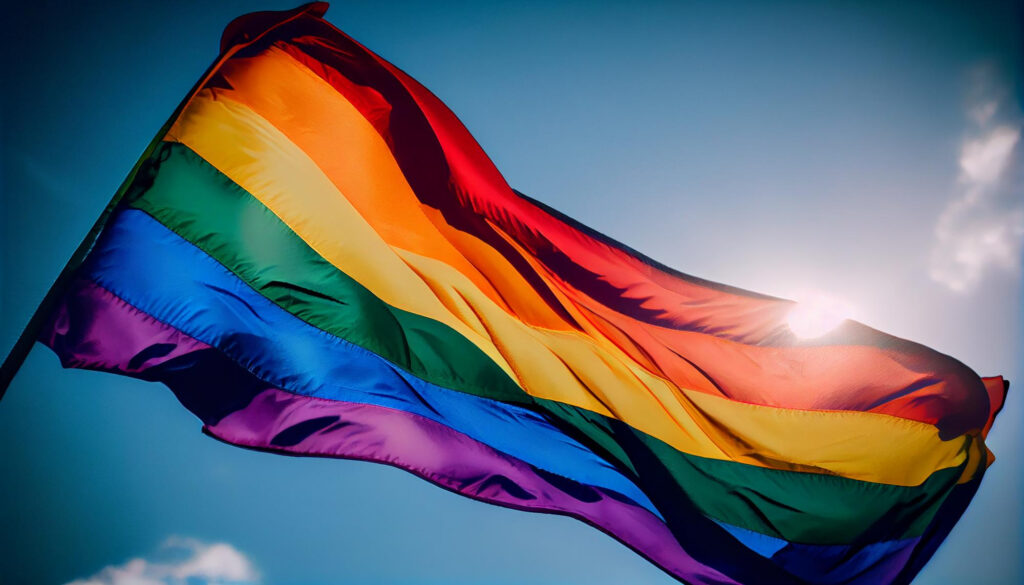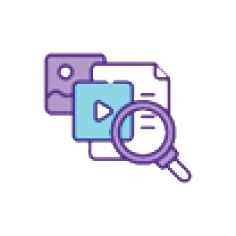MEDIA & MISINFORMATION
In the digital age, media is instrumental in shaping public perceptions, attitudes, and behaviors towards marginalized communities, including key populations. LWU recognizes the profound influence of media and the pervasive issue of misinformation that exacerbates discrimination and persecution in Uganda. Through advocacy, education, and community engagement, LWU strives to counter the harmful effects of media misinformation and promote accurate, inclusive representations of key populations. In Uganda, media outlets often perpetuate harmful stereotypes, myths, and misconceptions, further stigmatizing and marginalizing vulnerable groups. Sensationalized reporting, biased coverage, and misinformation campaigns fuel discrimination and violence, making it difficult to achieve equality and justice for key populations.

THE JOURNEY
LWU’s journey in addressing media and misinformation within the context of key population rights advocacy has been marked by resilience, innovation, and collaboration. Through strategic initiatives and partnerships, LWU works to challenge harmful narratives, amplify authentic voices, and promote accurate representations of marginalized individuals in the media.
Key Initiatives

Media Literacy Workshops: LWU organizes media literacy workshops and training sessions to educate key populations and allies about the impact of media misinformation on perceptions of marginalized communities. These workshops equip participants with skills and strategies to critically analyze media messages, identify misinformation, and advocate for accurate and inclusive representations.

Advocacy for Responsible Media Coverage: LWU engages with media outlets, journalists, and content creators to advocate for responsible and inclusive coverage of issues affecting key populations. This includes providing guidelines, resources, and support to media professionals to ensure accurate, respectful, and ethical reporting on topics related to marginalized communities.

Community Storytelling and Representation: LWU facilitates storytelling and representation initiatives that amplify the voices and experiences of individuals from key populations in the media. By sharing authentic narratives and diverse perspectives, LWU aims to counter stereotypes and challenge misinformation about marginalized communities.

Fact-Checking and Debunking Misinformation: LWU monitors media sources for misinformation and works to debunk false or harmful narratives about key populations. Through fact-checking initiatives and public awareness campaigns, LWU aims to correct misinformation and promote evidence-based information on issues affecting marginalized communities.
Impact and Outcomes:
Through its efforts to address media and misinformation, LWU aims to achieve the following outcomes:
- Increased awareness of the harmful effects of media misinformation on key populations.
- Enhanced media literacy skills among individuals from marginalized communities and their allies.
- Improved representation and portrayal of marginalized individuals in the media.
- Reduced stigma, discrimination, and violence against key populations perpetuated by media misinformation.
Conclusion:
LWU remains committed to challenging media misinformation and promoting accurate, inclusive representations of key populations in Uganda. By empowering communities, advocating for responsible media coverage, and fostering dialogue and understanding, LWU strives to create a more inclusive and equitable society where all individuals can live free from discrimination and persecution, regardless of their sexual orientation or gender identity.
